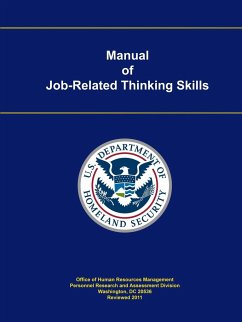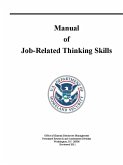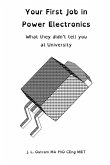The first skills in this manual are the basic thinking skills, which can be called deduction and induction. These are the two types of skills that are used in drawing conclusions from given information. Deduction and induction are very similar. They differ in only two ways-- the completeness of the available information and the degree of certainty of the conclusion, as indicated below: ¿ Deduction: The individual has all the information necessary to draw a conclusion. The conclusion is certain; it is true if the evidence is true. ¿ Induction: The individual does not have complete evidence. He or she draws a conclusion based on the information available. The conclusion is uncertain, that is to say, probabilistic; it may not be true even if the evidence is true. In the work of DHS, deduction is typically used in applying laws and rules to specific situations. Induction is used in situations in which officers need to make on-the-spot probabilistic judgments, sometimes in life-threatening situations.








